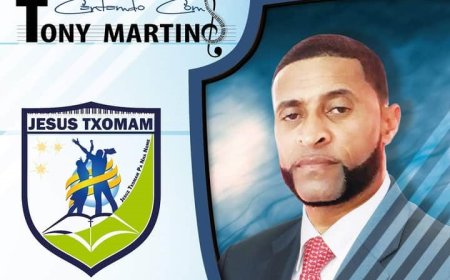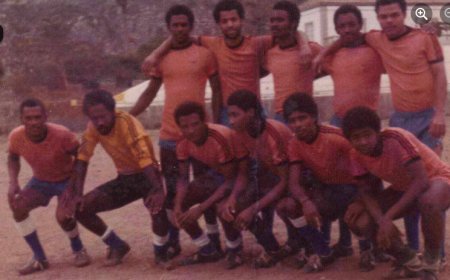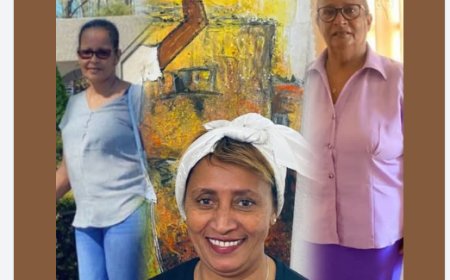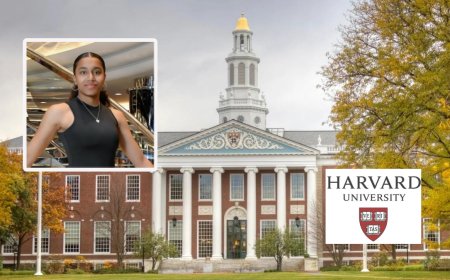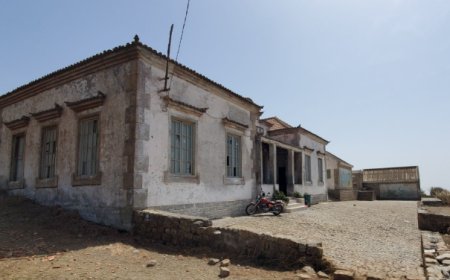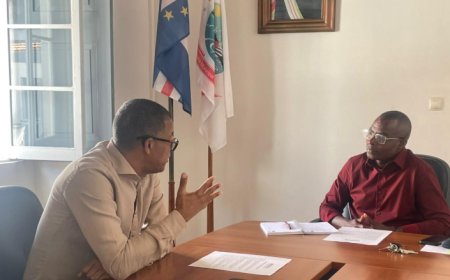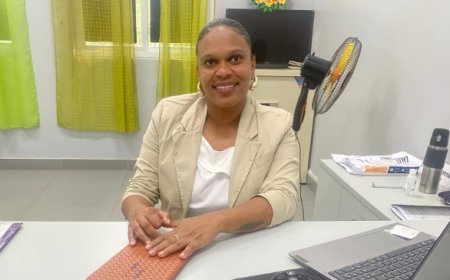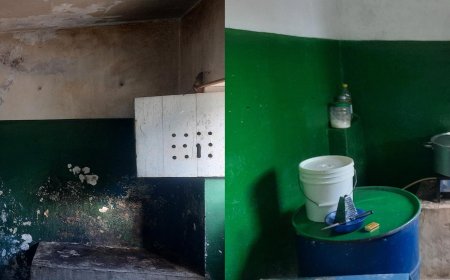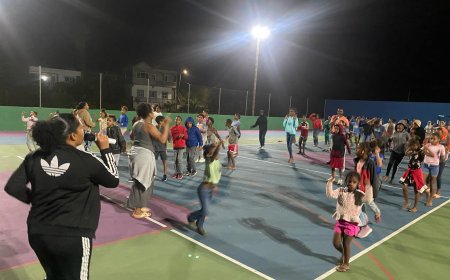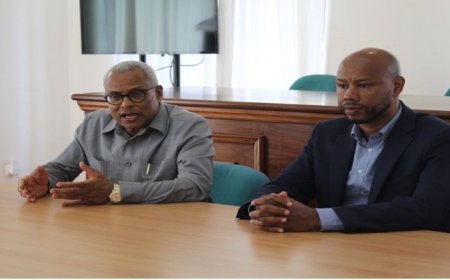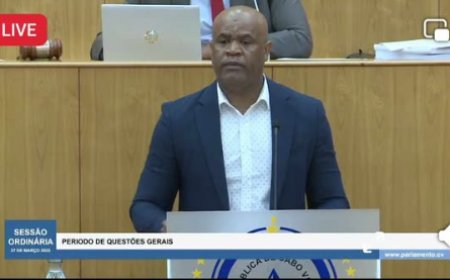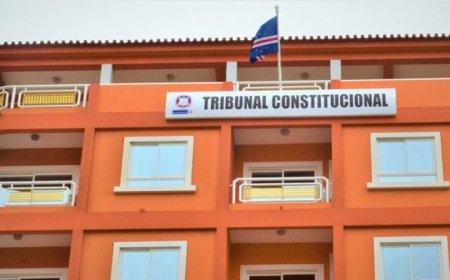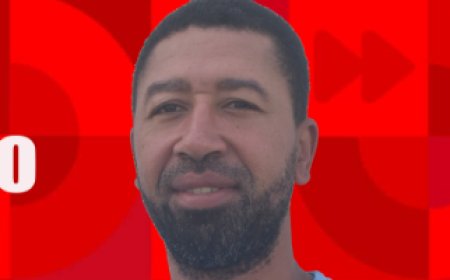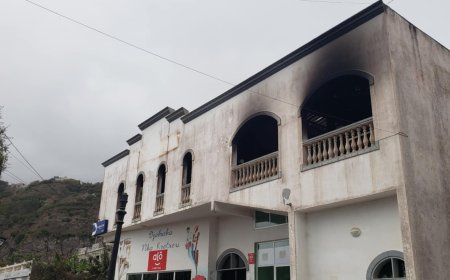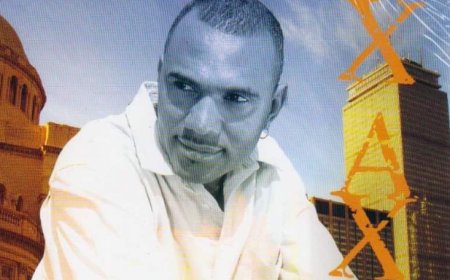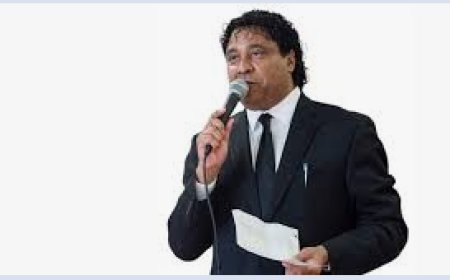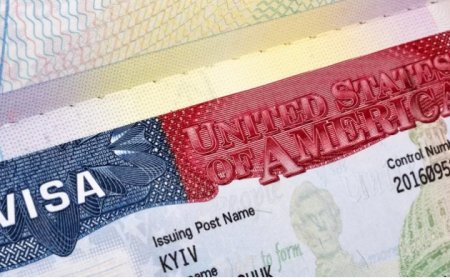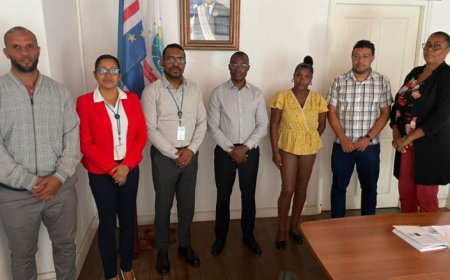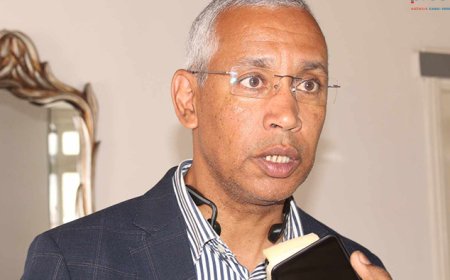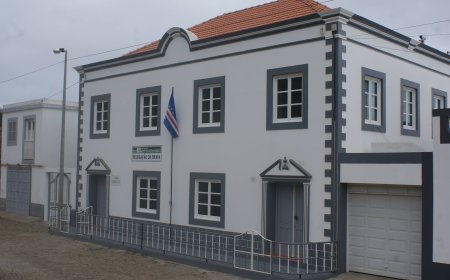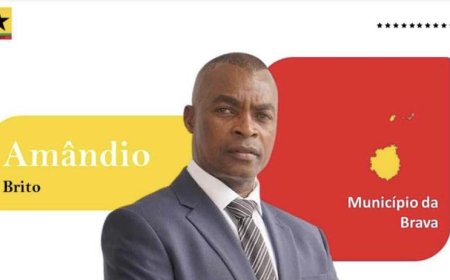ANA MARIA CABRAL REMEMBERS THE MURDER OF AMÍLCAR CABRAL 50 YEARS AGO
Amílcar Cabral was assassinated in Conakry on January 20, 1973, shot by two members of his party, the PAIGC. Ana Maria Cabral, the widow of the father of the independence of Guinea and Cape Verde, witnessed the murder and answered some questions on RFi:
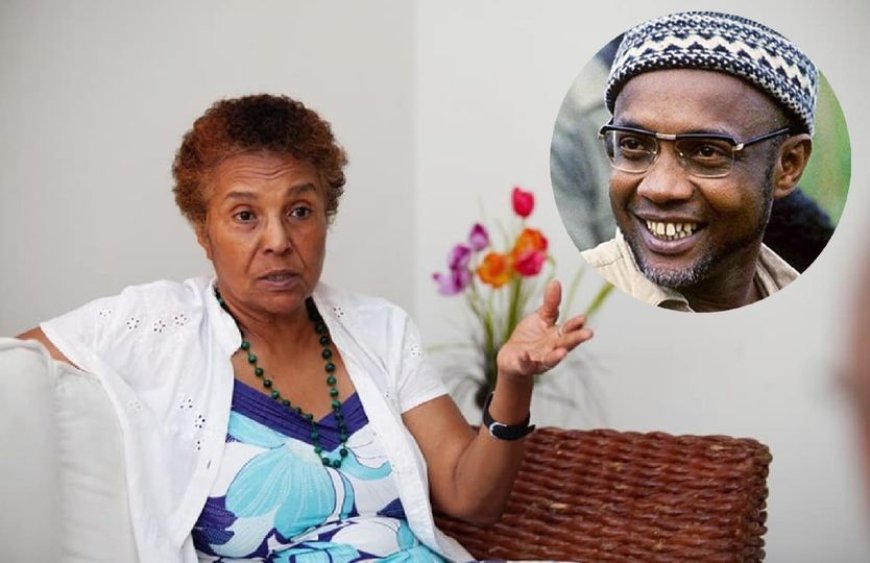
Amílcar Cabral was assassinated in Conakry on January 20, 1973, shot by two members of his party, the PAIGC. Ana Maria Cabral, the widow of the father of the independence of Guinea and Cape Verde, witnessed the murder and answered some questions on RFi:
-Do you remember what Amílcar Cabral did during that day?
"There was a reception, if my memory serves me correctly, it seems to me that it was at the Polish embassy and we went there.
He wasn't much for receptions, but exceptionally he said: “Poland, we hardly receive any help from Poland and we go there to remind them that we also need their solidarity” and so we went.
I saw that he never wanted to go out again, he said that he had the feeling that it was the last day of his life, and then he talked and talked... he talked with all the ambassadors, with all the diplomats... he didn't want to leave.
It was only later that I realized it, because when we arrived at the house it was already surrounded by traitors."
-Is it true that you had thought, in fact, to be on the safe side, of taking a pistol with you when you attended that reception at the embassy?
"It's true, it's true."
-Didn't Amílcar Cabral allow them to take that pistol?
"No, no, he didn't allow it. I realized that something was going on, I didn't know what because I had no information, but he didn't let me and didn't want any guard.
We were just the two of us alone, no guard, no nothing, no pistol, no security.
When we returned home, we lived there in the secretariat, part of the house was a residence, another part was the PAIGC secretariat at the time. So, the whole house was surrounded and right when we got out of the car they came to try to tie up Cabral.
Then we learned that they had reached an agreement with Spínola and the agreement was to hand over the main leaders of the PAIGC at the time so that Spínola could discuss with them a kind of self-determination of Guinea-Bissau under the flag of colonialist Portugal."
-What did you see?
"We got out of the car, they tried to tie Cabral.
Cabral said no, don't tie me up. We are fighting to end these disrespectful ways of tying people down. If there are problems, we'll sit down and then, in the secretariat, we'll discuss the problems that exist.
So he said, "I'd rather die." I never forgot that: “I'd rather die than be tied up”. Then Inocêncio Cani shot at point-blank range into the underbelly.
[Amílcar Cabral] bent over in pain and they thought they had already killed him and he fell, so he fell to the ground."
-Amílcar Cabral received a first shot from Inocêncio Cani's revolver and then, effectively, a series of Kalashnikov shots, right?
"Yes, it's true. Inocêncio Cani managed to dominate Aristides Pereira, Cabral's closest advisor at the time.
Cabral was still lying on the floor, his shirt all covered in blood, and he said: “Are you still talking?” and tells anyone that he should finish him off for good. And it was like that."
-Did he die right away?
"No. He was still talking. He was still calling for me…. It was a horrible thing."
-Were they all with their faces uncovered?
"Yes, with an uncovered face."
-Were all of them, in fact, active PAIGC militants in Conakry?
"Yes, people who had had problems with the party leadership, discipline problems. For them, the struggle had been going on for a long time, perhaps.
They were easily mobilized for this grand scheme, this grand plot that was hatched by colonialist Portugal."
-You are talking about Spínola, so you have no doubt that Portugal was behind Cabral's murder?
"Yes, yes. There was Portugal and Spínola, for sure."
-The thesis that there would be discontent within the PAIGC does not convince you?
"No, no. I'm not convinced. This was indeed a well-prepared and very well-studied coup.
Lately, the PAIGC was receiving countless fugitives who came from Guinea-Bissau, from colonial Guinea, people already prepared to come and carry out the coup.
Spínola prepared them here in Cape Verde, in the Tarrafal field, and sent them there as deserters. All fallacies."




